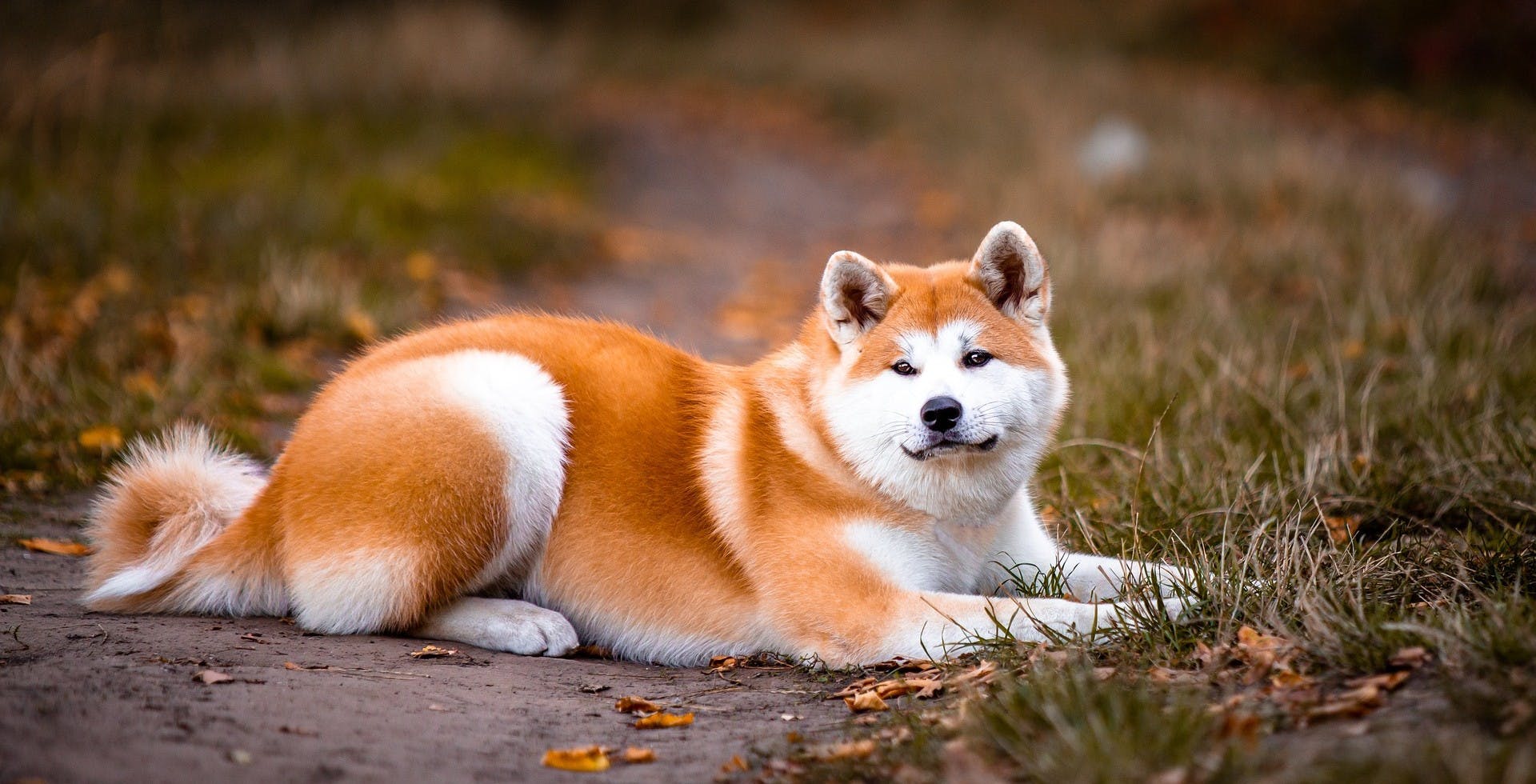Akita Inu, lesser known than some other breeds like the Rottweiler or the German Shepherd but not at all unpopular, are muscular dogs who have been much coveted for their strength and loyalty since a long time. For decades, Akitas were used as hunting dogs and guard dogs long before they became popular as pets.
Since they originated in Japan, they still hold high value there and are known as national defenders. These animals are highly intelligent, smart, loyal and active. All these traits make them the perfect pet but before setting your heart on bringing them home, make sure you read this article to find out about Akita lifespan and how to prolong it.
The Average Lifespan of a Japanese Akita
A Japanese Akita full grown dog can easily live a healthy and full life for at least 10 to 15 years. Genetics, environment, diet, activity level, and their health influence this time frame considerably so always keep that in mind when estimating an Akita’s lifespan.
Some Japanese Akita dogs even live for more than 15 years if they are brought up with proper love, care and attention. On the other hand, many can have reduced lifespans owing to genetic or health related reasons.
How Can I Increase My Japanese Akita's Life Expectancy?
By making the right decisions regarding what food they eat, how often they exercise, and how good of medical care they get, you can promote a long and happy life for your beloved animal. By actively promoting their physical and mental well-being, you can ensure that your Japanese Akita lives a long and satisfying life.
Some key points that can help you prolong your Akita's lifespan are:
High-Quality Diet
Nutrition holds great importance in maintaining the health of your dog, just as it does for humans. Always buy premium quality food for your dog, if you’re going for a store-bought variety. If you wish to feed your dog fresh food, make sure that the meat you purchase is fresh and of good quality. Always ask your vet or consult a dog nutrition expert to get an idea of what food is best for your Akita.
The quantity of food and the speed at which they eat also plays an important part in their health because they are prone to obesity. PetMD recommends using specific types of feeders or bowls that are designed to help dogs eat at a slower pace thus aiding in digestion and weight management.
Vet Check-Ups
Since this particular breed is prone to health issues that can prove fatal if left untreated, it is important to schedule a vet check-up at least once a year. It is always a good idea to start early with vet check-ups so that they get used to the idea. This is especially important with the American Akita breed because they are more aggressive than the Japanese variety. Getting them used to vet visits helps them behave better and the visit goes much easier.
Dog Training
Training a Japanese Akita dog is easier than the American breed because they respond better but it is still possible to train any Akita dog well. Akita is a very intelligent dog breed and they respond well to leash and collar techniques. Using treats works well with them as well but make sure that you give the treats sparingly and keep an eye on their calorie content.
What Are the Most Common Diseases for a Japanese Akita?
Hip Dysplasia: This is common with most large dog breeds and happens when they become obese. Keeping their weight under control is the only way to avoid it.
Hypothyroidism: Just like humans, when a full grown Akita dog has an underactive thyroid gland it can suffer from behavioral changes, dry coat and obesity.
Progressive Retinal Atrophy: This is when a full grown dog develops loss of eyesight that eventually leads to blindness.
Eczema: Akitas are prone to dryness and they can develop eczema, especially during winter.
Conclusion
All in all, the Akita dog breed has a long enough lifespan if the owner takes proper care of the dog, including good food, a healthy lifestyle and regular medical check-ups. If you think you can keep up with the maintenance required, an Akita dog will prove to be a great companion for you.
